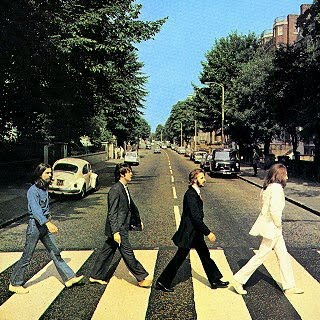
It finally feels as if Spring has sprung in my neck of the woods. The temperatures are warming up, the flowers are in bloom and the landscape is turning from brown to green. This is the time of the year that I notice a change in people's moods too. The doldrums of winter have passed and people smile more and you notice a lot more people taking part in outdoor activities.
When Spring rolls around you notice that many people can have allergies to pollen and grasses. It also seems that many people in the country are allergic to exercise as well. I am not sure why that is. There are so many benefits to exercising. Exercise helps to release endorphins in your brain which can make you happier and feel better about life. Exercise can help to give you more energy, lower bad cholesterol and increase good cholesterol, burn fat, build muscle, and lower your risk of diabetes to name a few.
People lead very busy lives and we are connected more now than ever before. I feel that people think there aren't enough hours in the day to accomplish everything they need to get done and exercising becomes a non-priority. It essentially becomes the bottom man on the totem pole. But, what people don't realize is that exercise doesn't have to take a lot of time. My workouts at the gym and my daily jogs are roughly 45 minutes long. All in all, on a day that I exercise I spend a little over an hour of my time. And that 70-75 minutes includes getting ready, working out, showering, etc.
The Mayo Clinic has recently come out with some interesting facts. When we exercise we burn oxygen, which causes our bodies to burn stored fat. But the interesting tidbit from the Mayo Clinic is that walking 4 miles a day, 4 times a week, can burn up to 1600 calories a week. If an individual chooses not to change their diet, and walks that distance for a period of six months, they will lose about 12 pounds. If you walk that distance for one year, you can lose up to 24 pounds!!! Take a step back for a second to process that.....Walking (not running, but walking) 4 miles a day, only 4 days a week for a year, without making any changes to your diet, will allow you to lose up to 24 pounds. That is only exercising 4 hours a week!
People are always looking for a quick fix to lose weight. By spending 1 hour a day, 4 days a week, you can lose the weight you have been looking to lose, plus get all the added benefits that exercise has to offer. On top of that, you get to spend time outside in the fresh air, enjoying nature, all while you become healthier! Who could ask for more?




